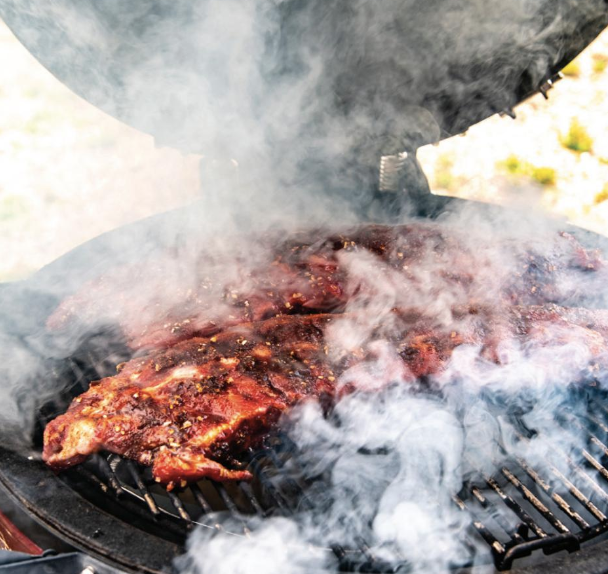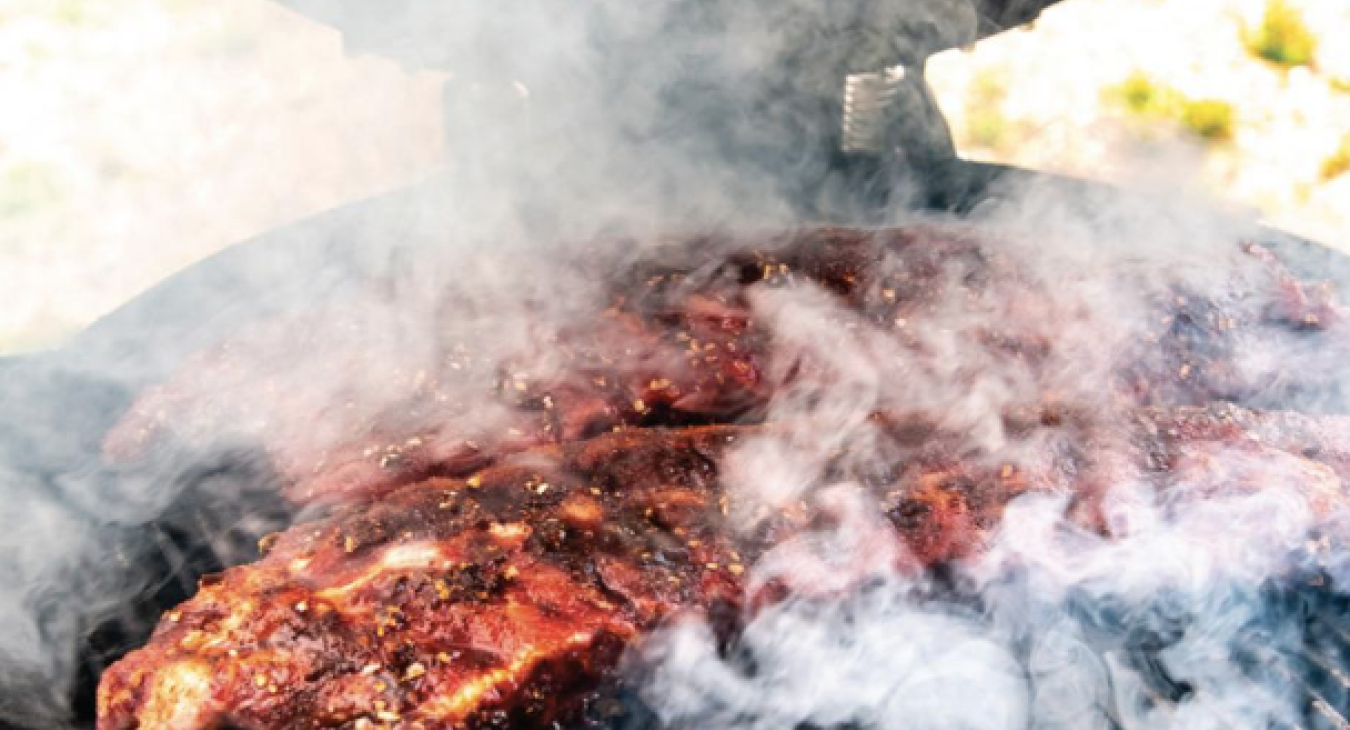Prep Now for Summer Savings
By Miranda Boutelle
Q: Spring is in the air. How can I prepare my home for lower energy bills once summer arrives?
A: There are many ways to get a jump-start on preventing summertime high bills and energy waste.
Add your cooling equipment to the spring-cleaning checklist. An annual tune-up by a heating, ventilation and air conditioning professional should include refrigerant charge, airflow adjustment, and condenser and evaporator fan coil cleaning. This tune-up helps maximize your system’s efficiency and the lifespan of your equipment, reducing wasted energy and costs.
Some HVAC companies offer discounts for cleaning equipment during the months they are less busy. Once high temperatures hit, they are more likely to be swamped with calls to repair or replace broken equipment. Signing up for an annual maintenance plan may provide additional savings.
A dirty furnace filter can waste energy by causing your system to work harder. Make sure you have a stack of replacement filters ready to go, so you are more likely to replace them as needed. Filters tend to be less expensive if you buy them in bulk. When I recently shopped for filters, the price was about half as much per filter for a 12-pack as it was for a two-pack.
For ductless heat pumps—also known as mini-splits—the filter is in the indoor unit and should be cleaned. If you clean the filter yourself, be sure to turn the unit off before removing it. Let it dry completely before putting it back.
As we transition from cool to warm weather, keep an eye on your thermostat settings. The U.S. Department of Energy recommends setting cooling temperatures to 78 degrees when you are home and higher when you are away. You can save as much as 10% a year on heating and cooling by adjusting your thermostat 7 to 10 degrees from its normal setting for eight hours a day.
One way to feel cooler is by using fans in the room you’re in during the day or when you’re sleeping. Using a fan can make a warm room feel cooler without having to adjust the thermostat. Fans cool people, not rooms, so they should be turned off in unoccupied spaces.
You can maximize the comfort benefit of a ceiling fan by switching the flow of air seasonally. The reverse function is great at circulating warm air in the winter. Once warmer weather arrives, make sure you flip the fan’s switch so it changes direction and blows air down into the living space.
Another consideration before summer hits is your home’s impact on peak load—when demand for electricity is highest. This typically occurs in the morning when people are getting ready for work and school and in the evening when they return home. An electric utility must manage the energy use of everyone it serves, which can be a challenge. Consider starting the dishwasher before you go to sleep or starting a load of laundry outside of your utility’s peak times.
If you have a photovoltaic solar system, run your dishwasher or do laundry when your system produces the most electricity, which is typically during the sunny midday.
Cooking outdoors in summer is a great way to save energy. Using the stove or oven heats your kitchen, which requires more energy for cooling. Clean the grill now so you are ready to cook outdoors.
Incorporate these tips into your summer prep to save energy and lower your bills.


